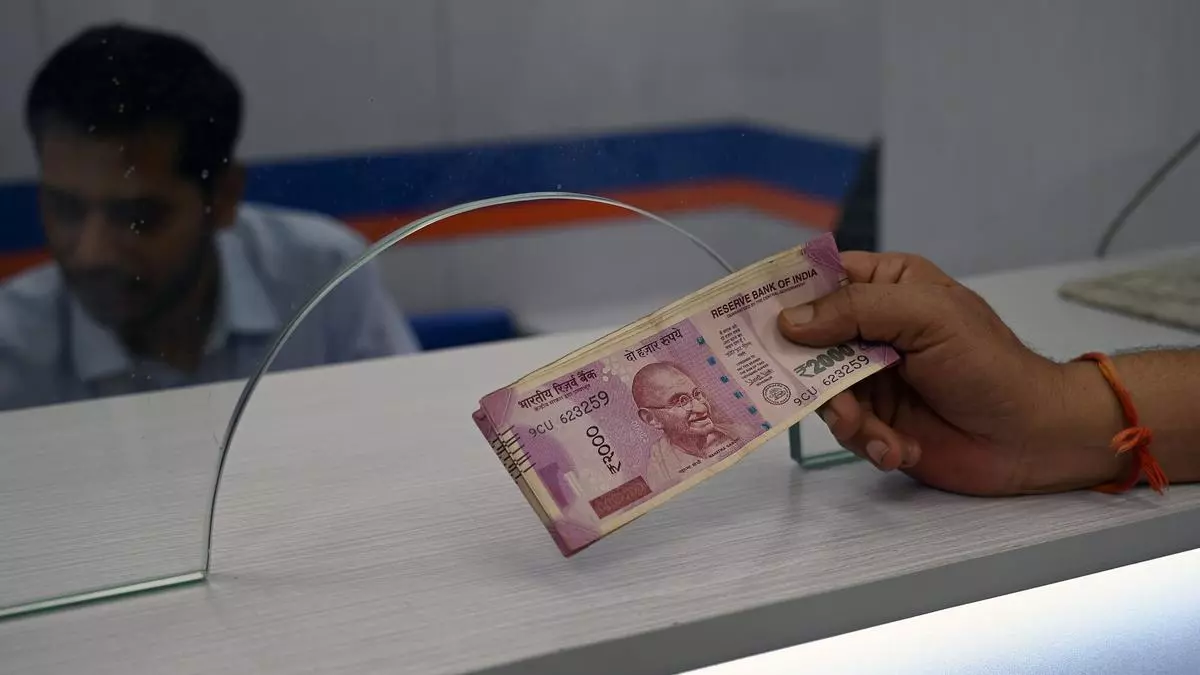Delhi HC dismisses plea to insist on identification for exchange of ₹2,000 bank notes
The Delhi High Court on Monday refused to intervene in the matter of exchanging a note of 2,000 rupees without any proof of identity. I also noted that the decision to dispense with the ₹2,000 note is not a decision towards canceling circulation
Giving its judgment on a Public Interest Litigation (PIL), the Circuit Court comprising Chief Justice Satish Chandra Sharma and Subramunium Prasad said that in order to facilitate the exchange of the $2,000 banknotes with other banknotes, the government has given a window of four months to the citizens and to avoid inconvenience to the citizens, The government does not insist on providing any kind of identification.
While dismissing the petition filed by Advocate Ashwini Kumar Upadhyay, the court said, “Since this is a purely political decision, the courts should not act as an appellate authority over the decision taken by the government.”
The petitioner submitted that out of the total denomination of Rs 2,000, presently, banknotes in denominations of Rs 3.62 crore are in circulation and are not commonly used in transactions. Therefore, he argued that these banknotes are essentially black money.
Encouraging money laundering
By not insisting on any form of identification at the time of exchanging banknotes into banknotes of other denominations, the government is actually encouraging people to indulge in binami transactions, money laundering, drug trafficking, etc. Therefore, this decision of the government should be overturned by court, defended.
The Court noted that the decision made by the government with regard to economic policies is not usually interfering, by the courts, unless the decision of the government is manifestly arbitrary
According to Bench, the government’s decision is only to withdraw the $2,000 worth of banknotes from circulation as the issuance of these denominations has fulfilled its purpose of meeting the currency requirements of the economy in a speedy manner as in November 2016, when it was announced that the ₹500 and ₹1000 banknotes 1000 is not legal tender. In order to cope with the situation at that time, the government made a decision to bring in 2,000 dollar bills to ensure that there was enough money to meet people’s daily requirements.
Legal currency
Six years after the decision, the government has now decided to withdraw the $2,000 bills from circulation which are not commonly used. The Rs 2,000 banknote shall remain legal tender and this policy is only for the exchange of banknotes containing the Rs 2,000 denomination with other banknotes, the court said.
After the $2,000 notes were withdrawn from circulation, the Reserve Bank of India allowed 10 notes to be exchanged simultaneously at bank branches or at 19 regional offices between May 23 and September 30. Now, most of the public sector banks are not insisting on proof of identity for the exchange, while most of the private sector banks require these proofs.
